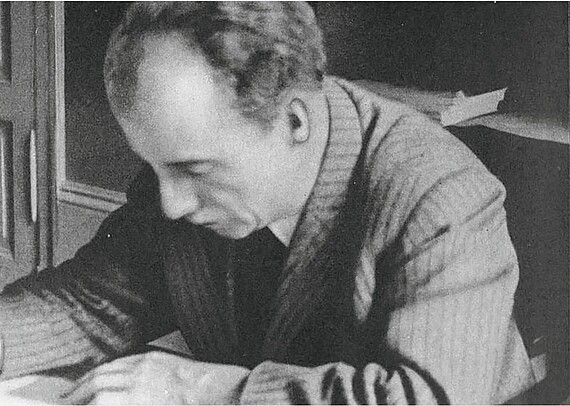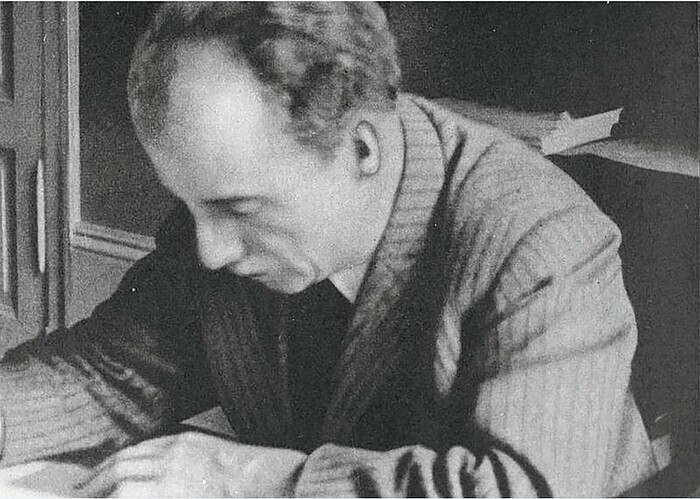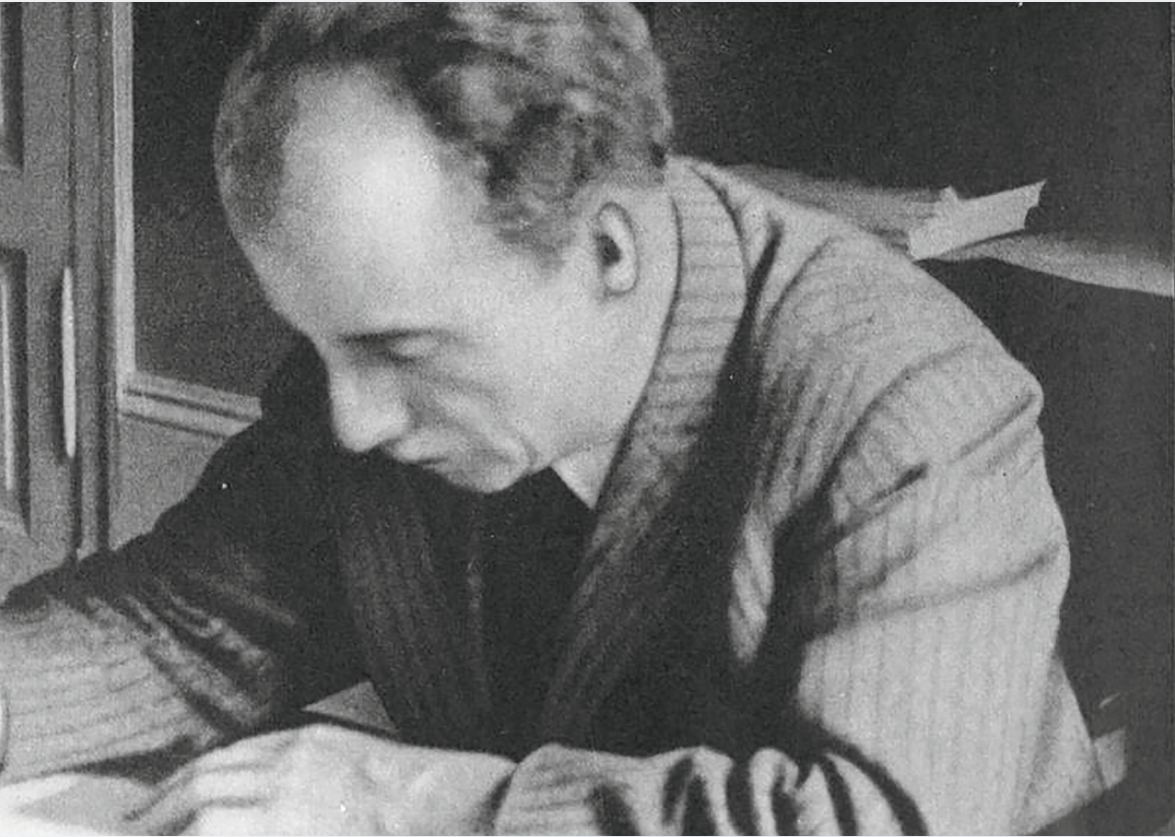


Kurt Huber
24 October 1893–13 July 1943
Musicologist, philosopher, Leibniz researcher and intellectual resistance fighter against the Nazi regime as part of the White Rose resistance group
In June 1942, the University of Munich professor met Hans Scholl and his friends. Together, they wrote the political sections of the fifth and sixth White Rose leaflets – the sixth of which would be the final one (February 1943). In them, Huber advocated for “freedom of public expression of opinion”, the “fundamental principle of the rule of law”, and “reciprocal trust between people”. On 27 February 1943, only a few days after the Scholl siblings had distributed this flyer in the university atrium, Kurt Huber was arrested. He was sentenced to death by the People’s Court on 19 April 1943, and on 13 July 1943 he was executed at Munich-Stadelheim prison.
Kurt Huber felt a deep sense of responsibility for students and their education. Unable to continue to idly stand by and watch how the people’s freedom and dignity were being violated by the Nazi terror regime, he saw it as his moral responsibility to call on people to resist. G.W. Leibniz’s philosophical deliberations, particularly on theodicy, on human freedom to act and on moral responsibility, were a central element in Huber’s thinking. While in captivity, awaiting his execution daily, Huber dedicated himself to working on a biography of Leibniz. At the heart of his interpretation was the spirit of the morally acting, free person – an ideal for which Kurt Huber paid the ultimate price.



Further information and Communications and Marketing contact person
30167 Hannover








